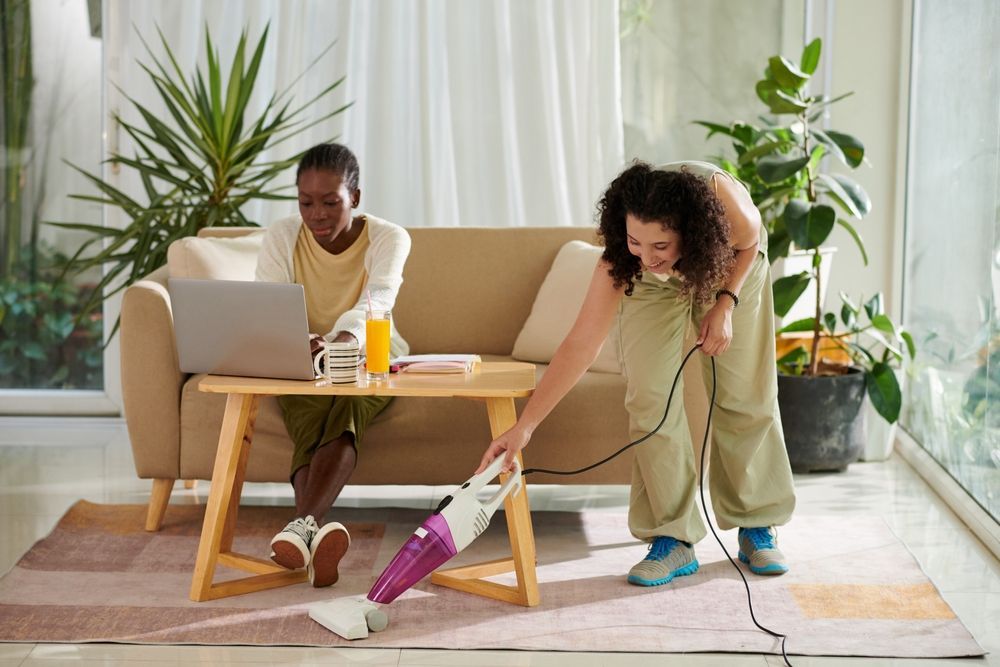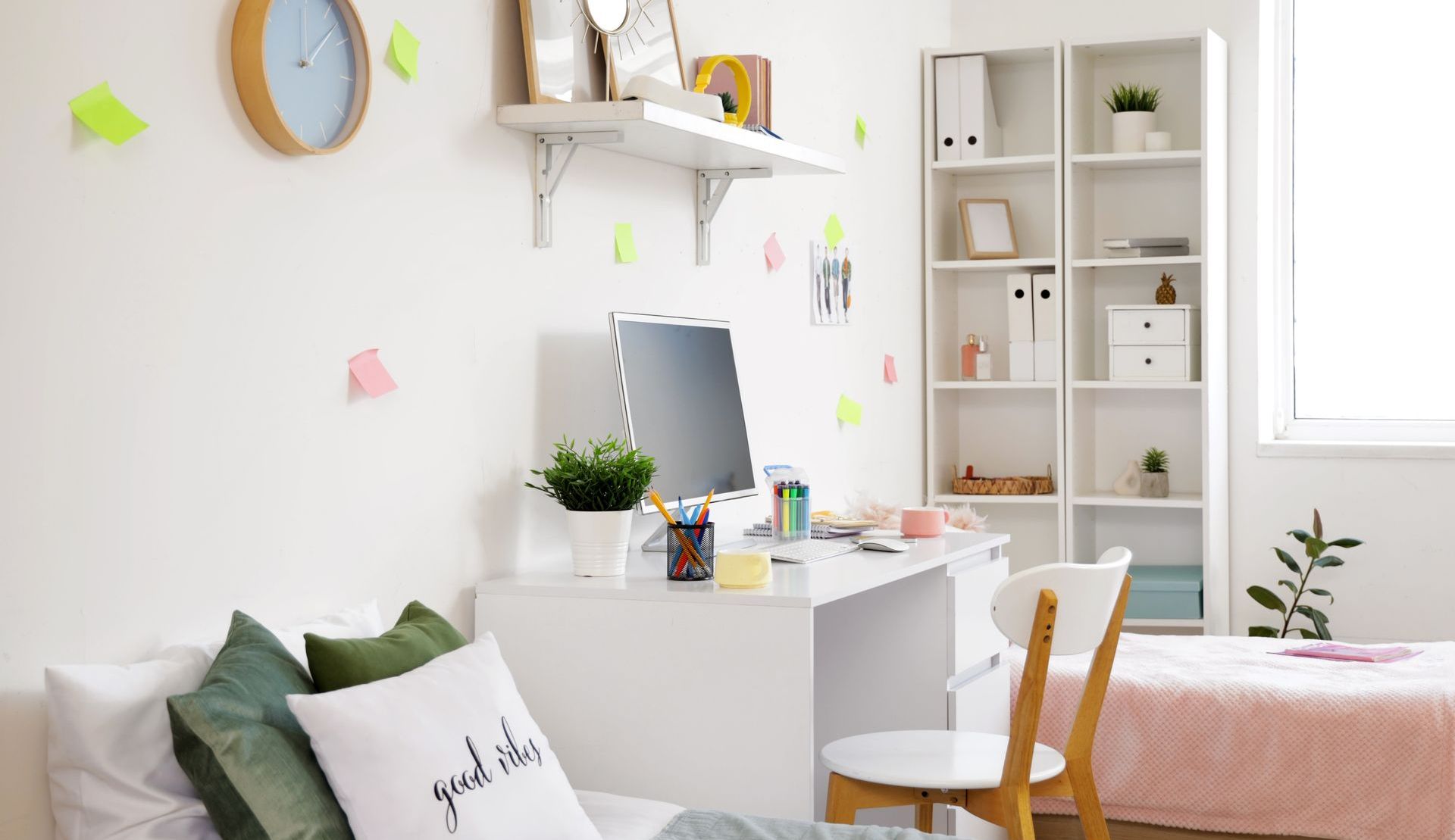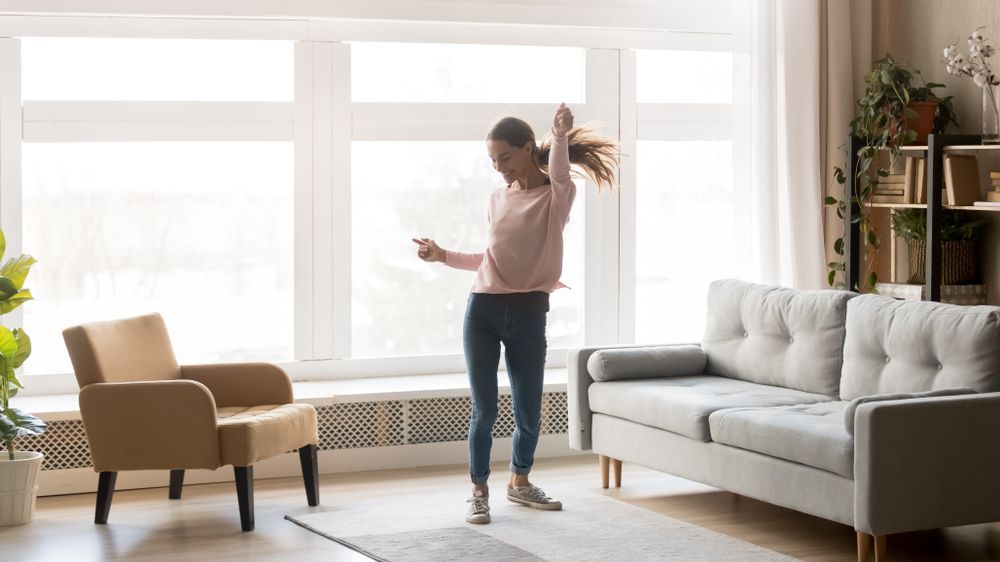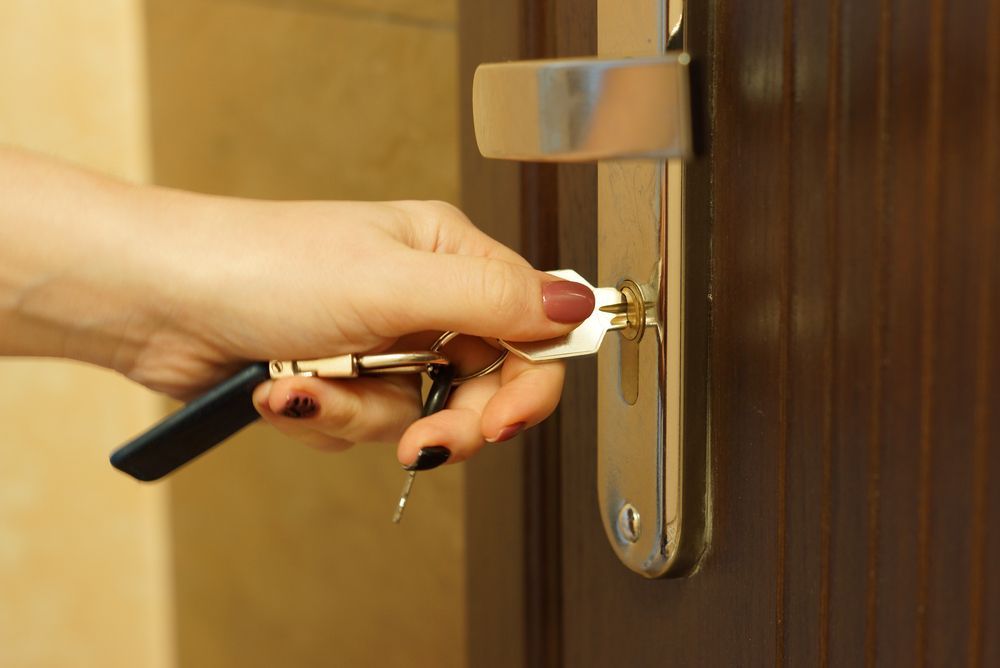What to Look for in an Apartment Rental Agreement
Author: Weida Apartments
Share this Article:
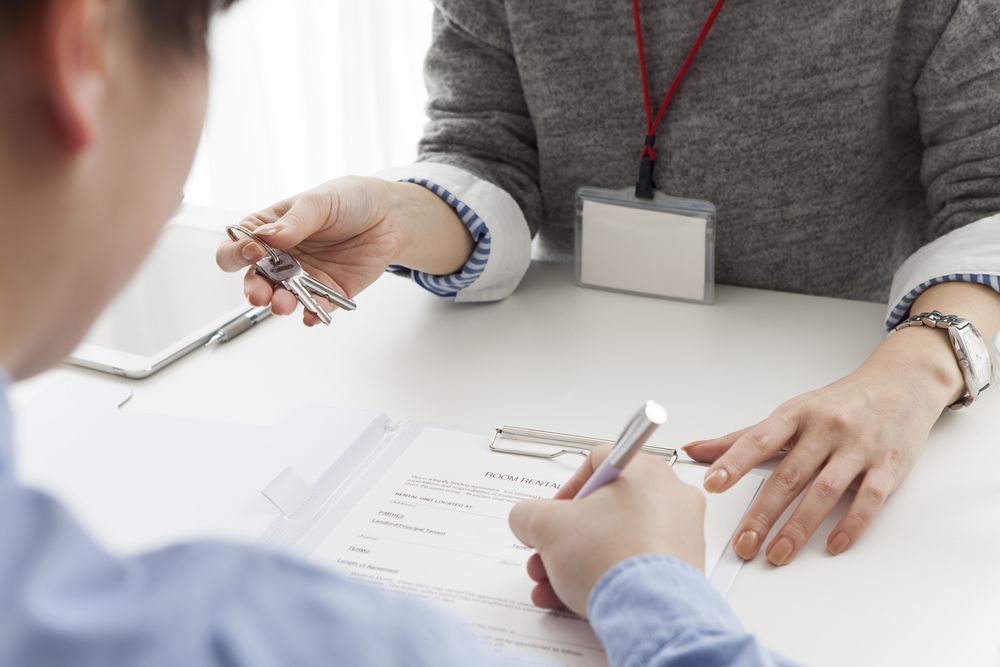
Signing a lease is a big commitment, so understanding what to look for in a rental agreement is essential before making a decision. A rental agreement for an apartment outlines the terms of your lease, covering everything from rent payments to move-out procedures. Reading the fine print can help you avoid unexpected fees or restrictions down the road.
Whether you’re renting for the first time or searching for a new place near Purdue, Weida Apartments makes the process easier with clear, student-friendly leases and a supportive management team. Knowing what to expect in your lease will help you feel confident in your choice.
What is an Apartment Rental Agreement?
An apartment rental agreement is a legally binding contract between a landlord and a tenant. It outlines the terms of the lease, including rent payments, duration, and rules for living in the property. This document protects both parties by clearly defining responsibilities and expectations.
Rental agreements for apartments can vary, so it is important to read through the details before signing. Some leases are month-to-month, while others are long-term, typically lasting six to twelve months. Understanding the agreement ensures there are no surprises during your stay.
Key Terms to Look for in a Rental Agreement
A rental agreement for an apartment covers lease length, rent, utilities, fees, and policies. Reviewing these terms helps you understand your responsibilities before signing.
Standard Terms and Conditions
Every rental agreement includes basic terms that outline the responsibilities of both the landlord and tenant. These typically cover rent payments, lease length, maintenance expectations, and general property rules. Some agreements may also include policies on noise levels, guest stays, and renewal options.
Reviewing these terms carefully helps you recognize what is expected throughout your lease. If anything seems unclear, asking for clarification before signing can help avoid misunderstandings later. Being familiar with these conditions makes for a smoother rental experience.
Subletting Policies
Some rental agreements allow tenants to sublet their apartment, while others prohibit it entirely. If you think you may need to sublet, check the lease for specific rules, such as landlord approval or additional fees. Violating subletting policies can lead to penalties or lease termination, so it is important to follow the terms outlined in your agreement.
Security Deposit Rules
Most rental agreements require a security deposit to cover potential damages or unpaid rent. The lease should specify the deposit amount, conditions for deductions, and the timeline for its return after move-out. Some agreements also outline rules for normal wear and tear versus tenant-caused damage. Being aware of these policies helps make sure you get your deposit back.
Move-In and Move-Out Procedures
Rental agreements often include guidelines for moving in and out, detailing key dates, inspection requirements, and cleaning expectations. Some leases require tenants to document the apartment’s condition upon move-in to avoid disputes over damages later.
Move-out procedures may outline how much notice is needed, security deposit return policies, and any cleaning or repair responsibilities. Following these steps makes the transition easier.
Essential Questions to Ask Before Signing
Before committing to a lease, it is important to ask the right questions to avoid surprises later. Clarifying details about rent, utilities, maintenance, and other policies ensures you fully understand your responsibilities as a tenant. Below are key areas to focus on before signing.
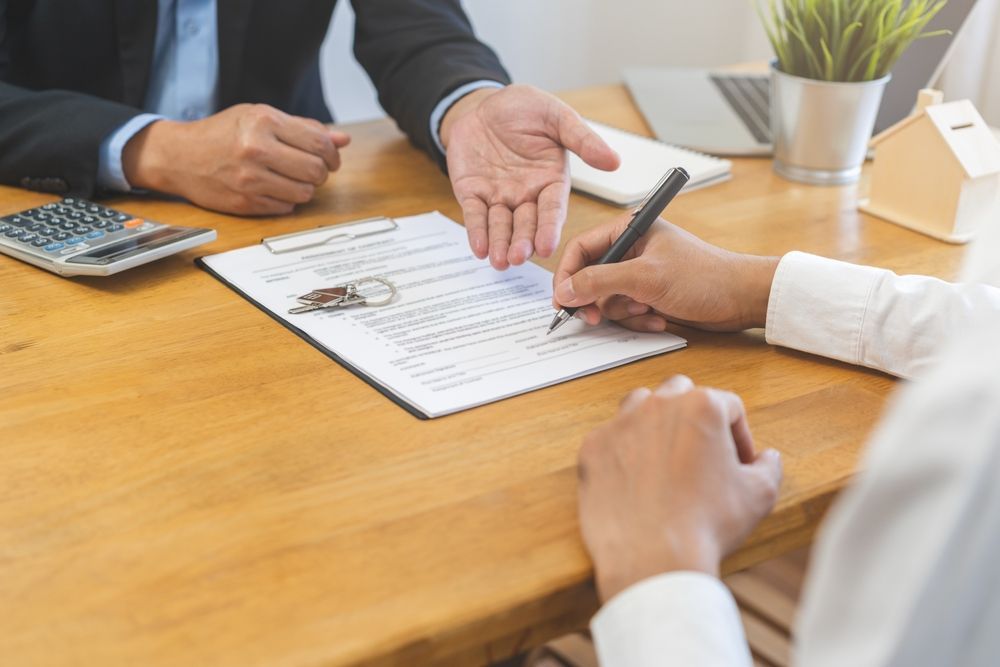
What Amenities Are Included?
Some rental agreements cover amenities like Wi-Fi, on-site laundry, fitness centers, or study lounges, while others may require tenants to pay extra for these features. It is necessary to confirm which amenities are included in the rent and which come with additional costs. Knowing what is available makes it easier to determine if the apartment meets your needs and budget.
How Does Maintenance Work?
It’s essential to familiarize yourself with the maintenance process when renting an apartment. Ask how to submit repair requests, the typical response time, and what
maintenance services are covered. Some landlords handle all repairs, while others require tenants to take care of minor issues. Clarifying these details ahead of time prevents confusion if a problem arises.
Are Pets Allowed?
Not all rental agreements allow pets, and those that do may have restrictions on breed, size, or type of animal. Some landlords require pet deposits or monthly pet rent to cover potential damages. If you have or plan to get a pet, check the lease for specific rules and fees to avoid any issues down the road.
Is Parking Included?
Parking policies vary by apartment complex. Some rentals include a designated parking spot in the lease, while others require tenants to purchase a permit or pay a monthly fee. If you have a car, ask about guest parking, on-site availability, and any restrictions to avoid unexpected costs or inconvenience.
Sign Your Lease with Confidence at Weida Apartments
Signing a lease is a big step, but finding the right apartment should not be stressful. At Weida Apartments, we make the process simple with clear rental agreements and a friendly team ready to answer your questions. Our well-kept properties near Purdue offer convenient amenities, responsive management, and a hassle-free living experience.
Whether you are renting for the first time or looking for a new place, Weida Apartments is here to help. Explore our
available rentals and find the perfect home for your time at Purdue.
Contact us today to get started!
Share with Us!


